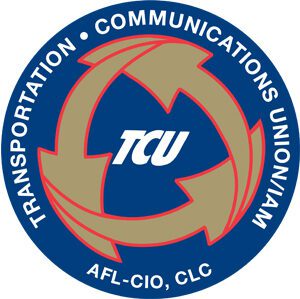By recognizing social and economic justice as one and the same, Dr. Martin Luther King, Jr. understood the immense power working people have when they come together. He saw union representation as the clearest path out of poverty and into the middle class, and fought for the rights of all people to have good jobs and a voice at work.
Those beliefs led King to Memphis, Tennessee in the spring of 1968 where 1,300 sanitation workers were on strike fighting deplorable working conditions, poverty-level wages, and overt racism. Determined to improve their quality of life and build a better future for themselves, their families and their community, these workers demanded recognition of their union – and their humanity. Seeking the freedom to negotiate together for fair wages and dignity and respect on the job, they marched with now iconic signs that read, “I am a man.”
It was here, expressing solidarity with the striking workers and drawing parallels between social, racial and economic justice, that King was assassinated as he stood on the balcony of the Lorraine Motel.
As our nation pauses to reflect upon the 50th anniversary of King’s tragic and untimely passing, we must do more than just commemorate past events. The anniversary of King’s death must be a call to carry his legacy forward, and continue working toward his dream of a more fair and just society.
Transportation labor is proud to stand with those who have pledged to honor Dr. King’s life and dream by committing to carrying his legacy into the future. Today we also recommit our efforts to ensure Dr. King’s legacy lives on by fighting for policies that empower working people to join together in union. It is through our collective efforts that misery and despair will be transformed into hope and progress.
Click here to read the full blog from Move America.

